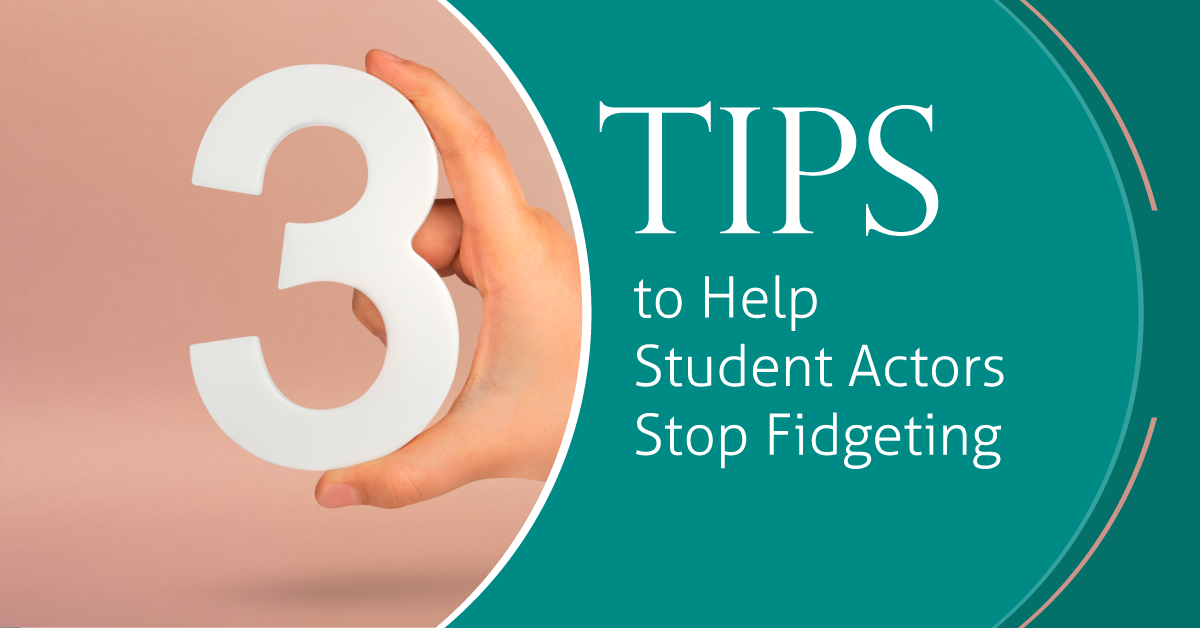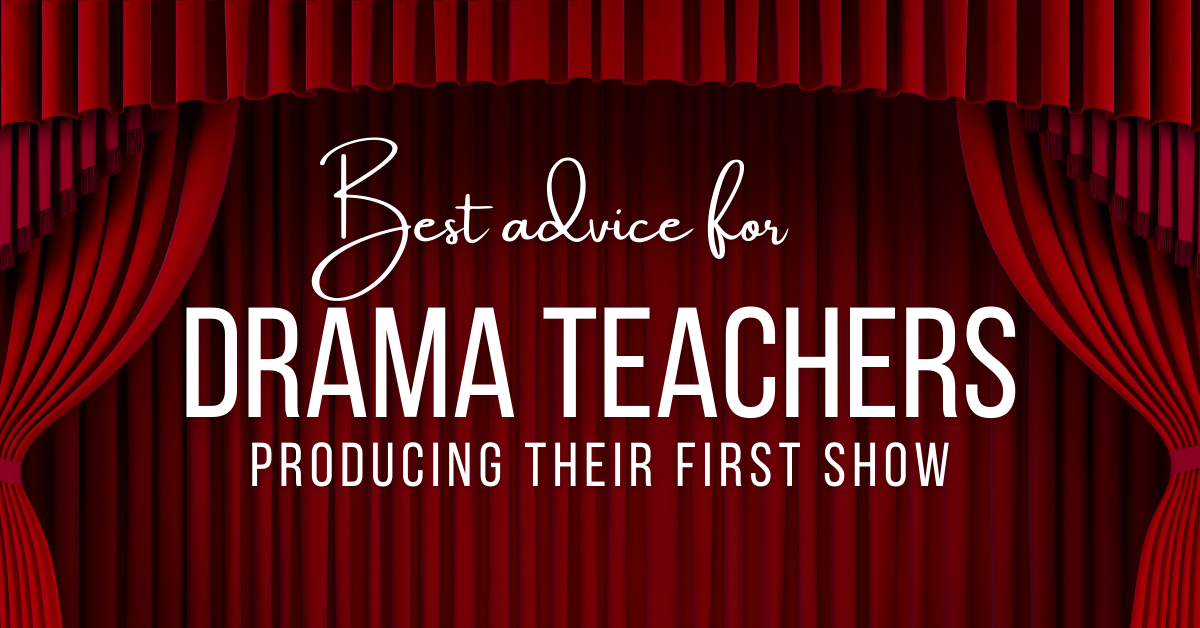With Liberty and Justice For All is a powerful, timely piece that brings student voices to the forefront at a BLM protest - where stories are shared, community is built, and the stakes are real.
Helping Students Deal With Stage Fright
You’ve chosen a play, cast your actors, run lines and are preparing for the rise of the curtain. But as opening night approaches the nerves and the butterflies are taking up more stage time for some actors than they should. How do you help your actors deal with stage fright so their performances can shine?
We went straight to the source to get the inside scoop from those who’ve been there: drama teachers.
We asked: How do you help students deal with stage fright?
Take it one step at a time
I cast them in small roles at first and work up to bigger things. If it’s possible to give them partner work with other students who can encourage them, that’s great too. (Patriot Playmakers)
I say the bit about it going away once they get the first line out. (Marilyn L.)
Baby steps… and letting them in on the multitude of celebrity performers who also face this issue repeatedly because of the art they love. (Barry H.)
Dig a little deeper
I tell them that when they know what they’re saying, and why they’re saying it, when they understand the circumstances, when they don’t “memorize” lines, but “understand” the lines, when they rehearse until they are fully prepared, a lot of that fright will disappear?. (Patricia L.)
Practice makes perfect
If they have not been on stage before, you might try turning on all the stage lights (like it would be for a show) and turning off all the audience lights. This way they may not see into the audience. Remind the person they are portraying someone else. They aren’t themself but someone else who is part of the story being told. (Will S.)
Normalize the fear
I always tell my students that stage fright is normal, it just means that they really care about what they are doing. (Lori W.)
When it comes time for the performance or even in a rehearsal where the focus is more on them, let them know that it’s ok! Stage fright is normal in every avenue of performances. If you still get nervous or an adrenaline rush or butterflies, even after many shows, you know you still love it! (Cherish T.)
Patience and use your veteran kids to help give your shy kids confidence. (Randy I.)
Explore the mind-body connection
You have to teach the skill of managing performance anxiety so each actor can do it independently. Slow the breathing through breathing exercises, encourage good mental and emotional preparation beforehand, complete a thorough physical and vocal warm-up, and use visualization for success. (Elizabeth S.)
Deep breathing exercises. In through the nose for a count of four, hold breath, release breath for a count of eight. Repeat. (Dave S.)
Say your lines while jogging or doing burpees to train the brain that it’s ok for your heart to race when doing these lines. The brain won’t go into meltdown when their heart starts racing with panic and they will then realize they can do it. (Emma R.)
Need more advice and tips?
We’ve got you covered!



